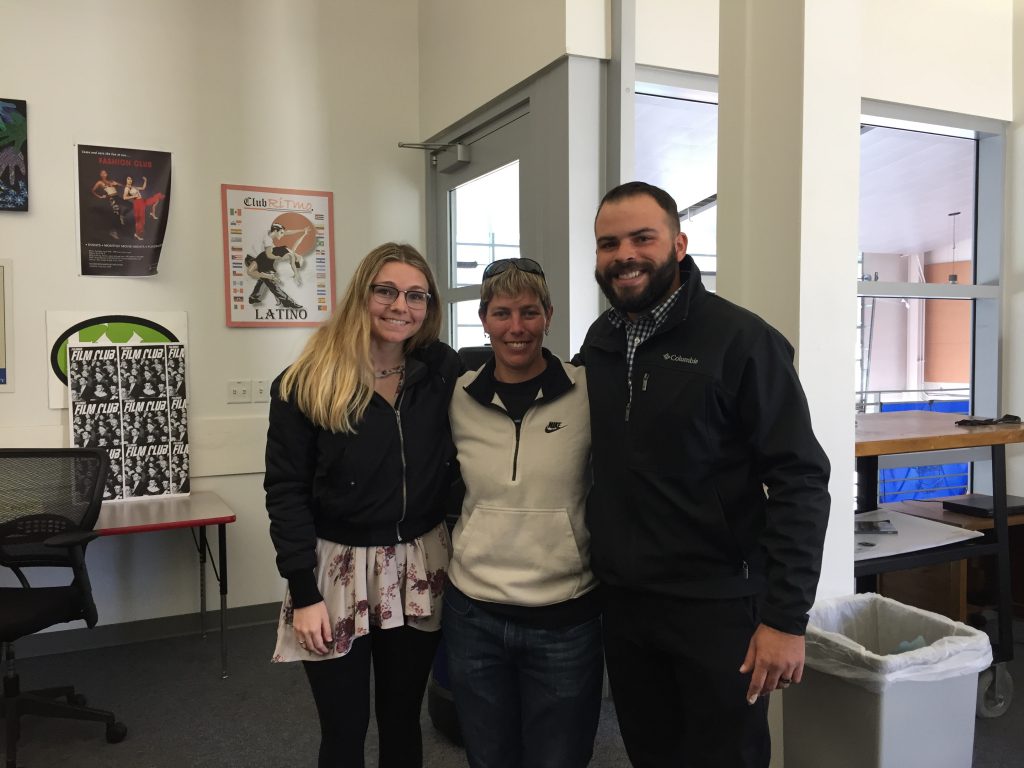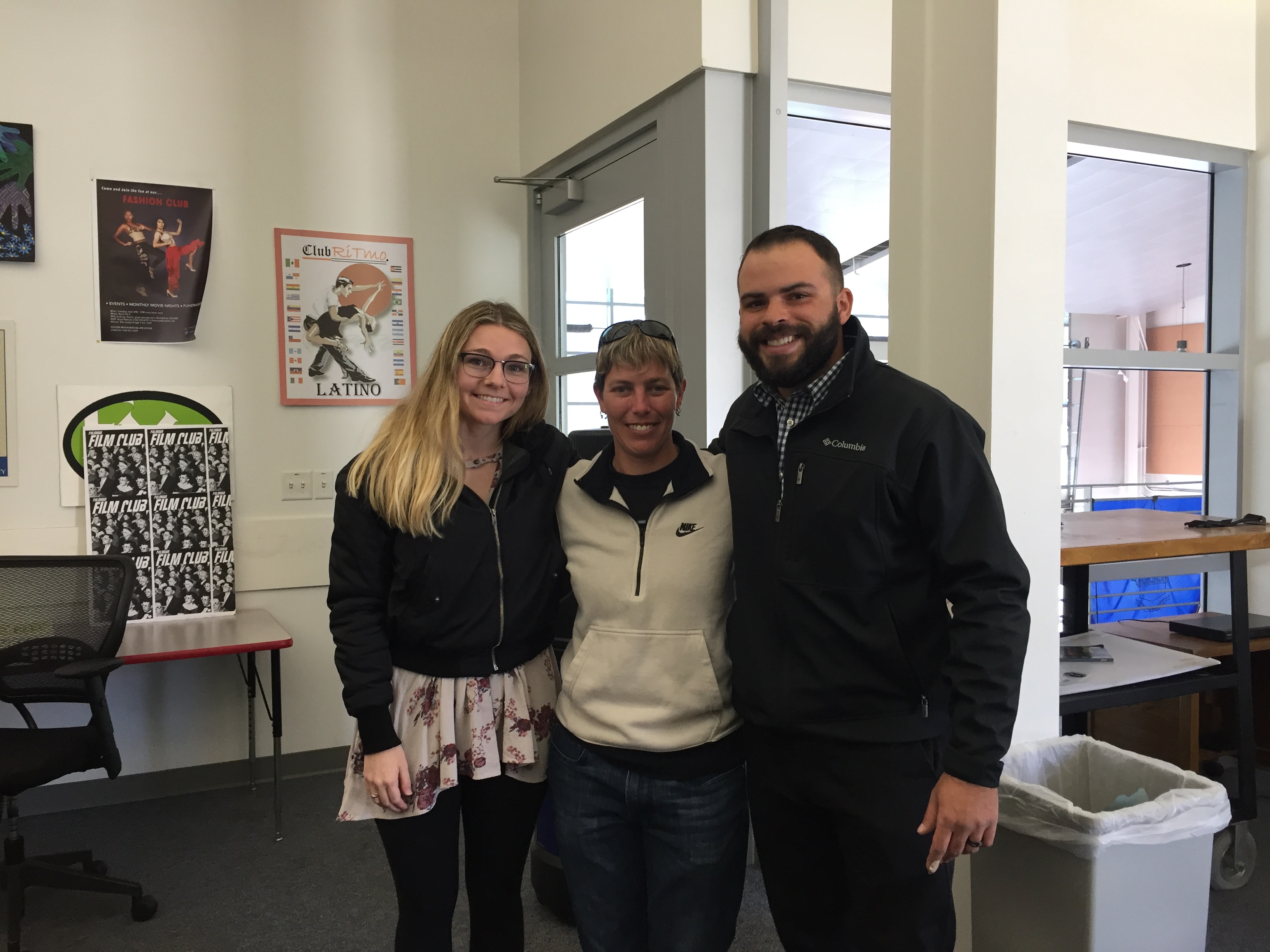Story by Jonathan Sarabia and Ana Acosta
One of the yearly goals of Palomar’s Associated Student Government has been to raise awareness regarding housing insecurities that students often face.
A resolution (SB-2018-S3) was directed at Palomar College and and another (S19-A-01) has been submitted to the Statewide Student Senate for California Community Colleges (SSCCC).
Both of these resolutions contain questions being asked by ASG to further assist student housing insecurity.
The Student Government (ASG) has requested and establishment of a point-of -contact for students with housing insecurities. This will work to allow students to obtain the resources they need.
There is also a request for the implementation of training on insecurities for staff and faculty.
Many students who face housing insecurities often live in their cars.
In response, ASG has requested that Palomar implement overnight parking so that students can be ensured a secure location and subsidized housing.
Similarly, ASG requested the SSCCC to advocate for these students by providing “access to train and resources on insecurities to all California Community Colleges, and the establishment of sustainable student housing.”
On Jan. 29, Assembly Member Marc Berman introduced a bill that will. permit students to park and sleep overnight on California Community College (CCC) parking lots by requiring CCC’s to provide this service.
This bill requires students to have all enrollment fees payed and be in good standing.
The Committee on Higher Education will hear this bill on March 1.
Currently, Palomar provides assitance to housing insecure students through a resource guide found on Palomar’s website. The resource guide provides students with a list of community centers and organizations that can provide shelters and access to food. A majority of the shelters provided are for individuals who have experienced domestic violence.
Palomar has not collected data regarding housing insecurities among students.
Because of this, the data used to support these resolutions was collected by the research project conducted by Wisconsin University’s Hope Lab, Still Hungry and Homeless in College.
The study helped determine that housing insecurities affected 51 percent of community college students in 2017 and 46 percent in 2018.
Prior to this, an additional study was conducted to determine how California State University (CSU) schools addressed the issue of both food and housing insecurities.
The study revealed that a high percentage of students had been facing housing and food insecurities.
The results showed that “there were 1,039 respondents (21 percent) and 12 percent of respondents indicated housing instability and/or food insecurity.”
It also claimed “students who experienced food and/or housing instability reported managing incredible stress, and addressed the issue that stress could be extremely distracting in class while trying to manage the demands of college and personal life.”
ASG aims to find functioning methods that will provide students access to services that will provide them with resources for necessary needs.
“We are hoping the resolutions we have written will create a culture and climate of advocacy at Palomar College as well as bring attention to this issue on a state level,” ASG President Amber Bancroft said, “We are currently following the Shared Governance process in order to see that these changes are being implemented on campus with student input. We are hopeful that if students are able to go to school without the weight of basic need insecurities weighing on them they will be able to obtain their academic goals.”

In a meeting held on Feb. 22, the ASG invited a guest speaker to discuss a local non-profit program, Dreams for Change Overnight Parking.
Teresa Smith, the program founder, discussed the overnight parking program as a potential resolution for students who live in their cars.
“We know the needs, we’ve seen it, we hear it all the time getting calls on a regular basis,” Smith said.
President/Superintendent Joi Lin Blake, who was present at the meeting told ASG that the administration will have review the resolution overall.
“You guys have my support,” Blake said, “you know that.”
Image Sources
- ASG Amber Bancroft, Anthony White, Theresa Smith 2019: The Telescope Newspaper | All Rights Reserved

